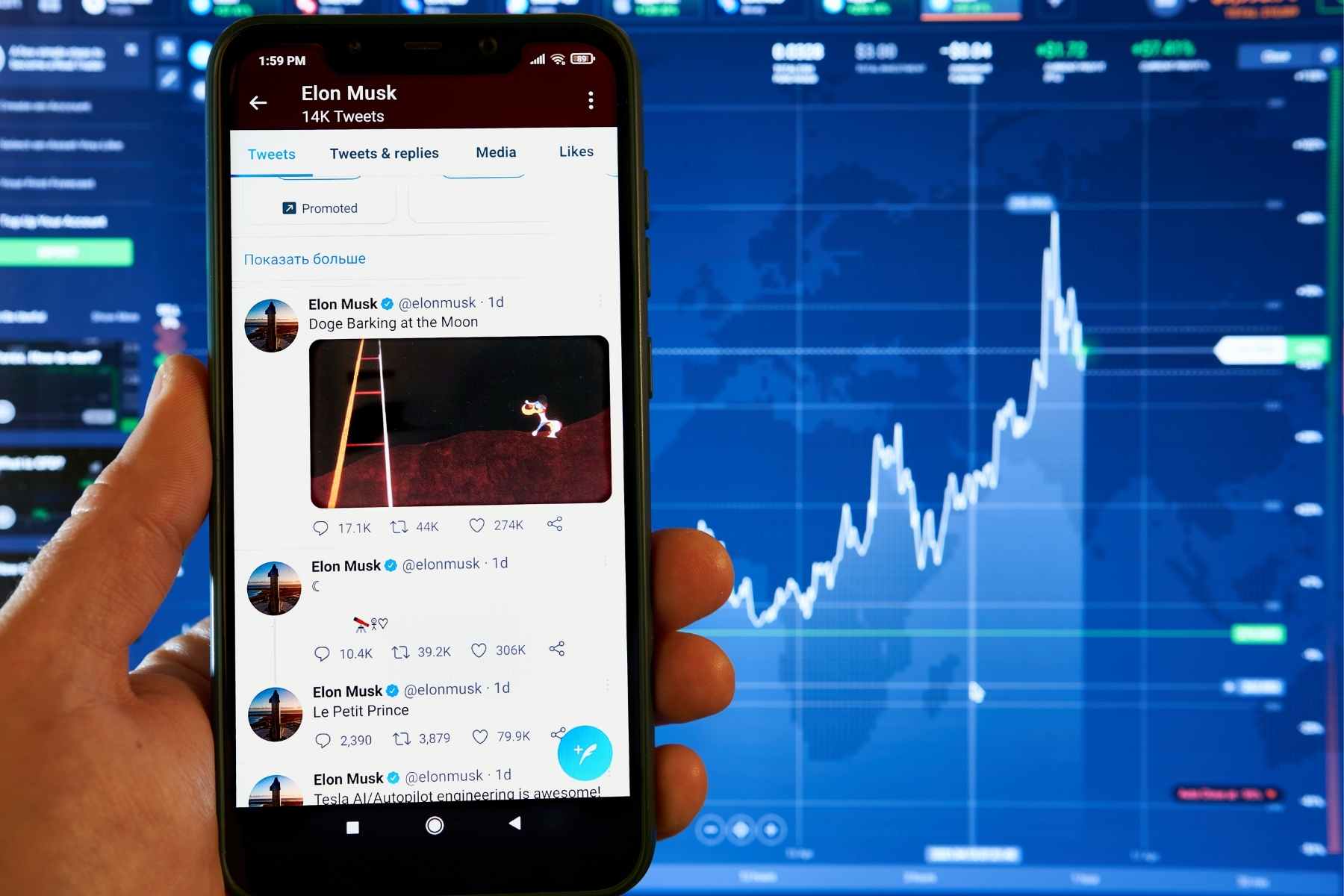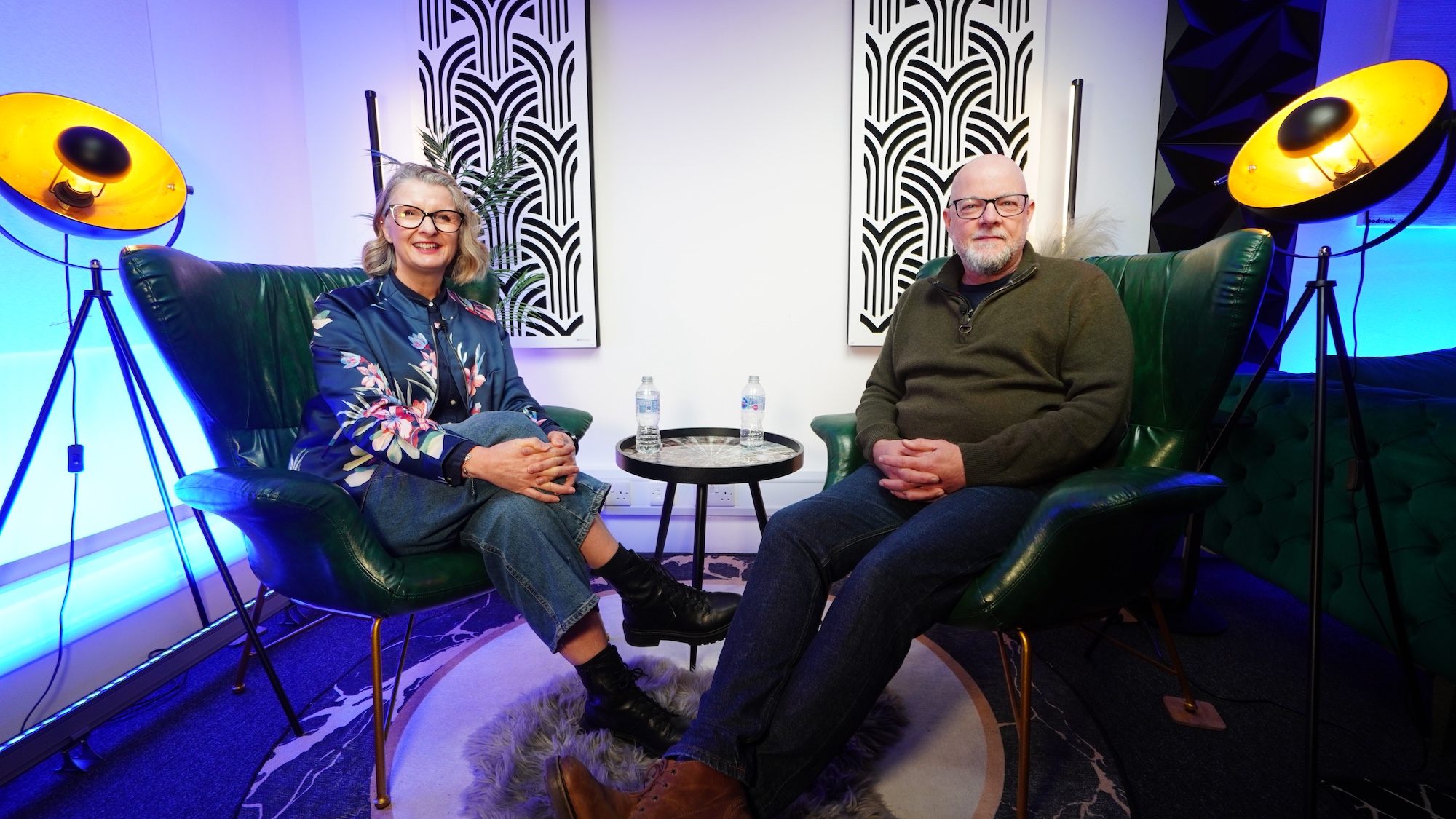
'What did you get done today?'
by Ed Reid
I’ve touched previously on Elon Musk’s on/off courtship of Twitter. Last week the deal was finally done. The world’s richest man handed over $44bn, marched into the building carrying a kitchen sink (“Let that sink in…”) and promptly cut a swathe through Twitter’s senior management.
Does the deal make sense? Twitter generated revenue of $5bn in 2021, 92% of which came from advertising. It lost $221m in the year – a good performance compared to the $1.1bn it lost in 2020, but still an eyewatering amount to lose. The platform has 206m active daily users: Musk has paid roughly $200 per active user – quite possibly a lot more if the rumoured figures about spam accounts are true.
But you don’t become the world’s richest man by doing deals that don’t make sense, or by not having a vision. He’s already decided to charge $8 a month for a blue tick – the device used to verify the accounts of politicians, prominent public figures and celebs – and there are suggestions that he wants to turn Twitter into a ‘super app.’ What’s a super-app? WeChat in China has a huge range of services and 1.29bn active users. Some research suggests that users can spend a third of their waking lives on the app.
But it’s not the economics of the deal I want to talk about this morning – or the thought of my sons spending a third of their waking life on one app…
It was an exchange between Musk and previous Twitter CEO Parag Agrawal that caught my eye. Agrawal was bemoaning the fact that Musk’s attempt to buy the company were a ‘distraction.’
I’d like you to provide your perspective on the level of internal distraction right now and how it is hurting our ability to work.
That was only a small part of a much longer message. Musk replied with just seven words:
What did you get done this week?
Whatever your feelings on Elon Musk: whatever your feelings on the rights and wrongs of his buying Twitter, one thing is inescapable. As well as deals that make sense and having a vision, ‘getting things done’ goes a very long way to making any business a success.
That’s what I want to focus on this week. As I’m writing it’s November 2nd. Two months of the year to go and we’re right in the middle of the ‘making plans for next year’ season.
You don’t need me to tell you that 2023 is going to be challenging. Inflation isn’t suddenly going to disappear. Good people are getting harder and harder to find. Hanging on to the ones you’ve got demands insight, empathy and a very clear vision. The world – and its technology – continues to change at a dizzying pace and it’s almost certain that this time next year I’ll be writing about something major that right now isn’t on anyone’s radar.
So ‘getting things done’ next year is going to be more important than it’s ever been. Far be it from me to contradict the world’s richest man, but it won’t be ‘what did you get done this week?’ It will be ‘what did you get done today?’
That’s a question that takes us back to the very basics. Apps – even ones you spend a third of your waking life on – can come and go. Two basic business tools will always be with us.
Every successful person I know has a to-do list. Phone, diary, leather notebook or piece of A4. It doesn’t matter. And we’re all human: we all have a tendency to go for ‘easy wins.’ How much more impressive does a to-do list look with half a dozen items crossed off?
But were they the most important ones?
You can go right back to the old Dale Carnegie books and the lesson is always the same. Do the most important thing on your list and finish it. Then do the second most important…
‘Keep the main thing the main thing,’ as Stephen Covey famously said. And make sure that main thing is done every day.
What’s the other basic business tool? One that’s going to be more important than ever next year?
Keeping score.
Successful businesses have always kept score.
How many camels? How much did they carry? How many days did it take to cross the desert? How much did we spend along the way?
I will go to my grave stressing the importance of Key Performance Indicators and next year they’re going to be more important than ever. Next year won’t be a year where you can ‘give it a couple of months to see if it comes right.’ It will be a year when you’ll need to take immediate action: when ‘getting things done’ will be crucial to your success.
Fortunately… ah, you know what I’m going to say. Is there a better way to keep your business on track than being accountable to your peers at the monthly TAB meeting? If there is, I haven’t come across it.
Those six or seven people round the TAB table are going to make sure your plans for next year are realistic and achievable. They’re going to keep you on course. And if it’s taken your camel train an extra two days to cross the desert, they’re going to ask why…
Related articles

Kindness in Leadership: The Competitive Advantage Most Businesses Miss
Discover why kindness in leadership drives performance, trust and culture. TABcast insights on psychological safety, coaching and values-led growth.

How Strategic Alignment Workshops Drive Real Execution
Many strategy workshops create alignment in the room — but little action after. Learn how structured strategic alignment drives execution.

Why Accountability Breaks Down as Businesses Grow (And How to Fix It)
As businesses grow, accountability often slips. Learn why it happens and how leaders restore clarity, ownership, and execution.


